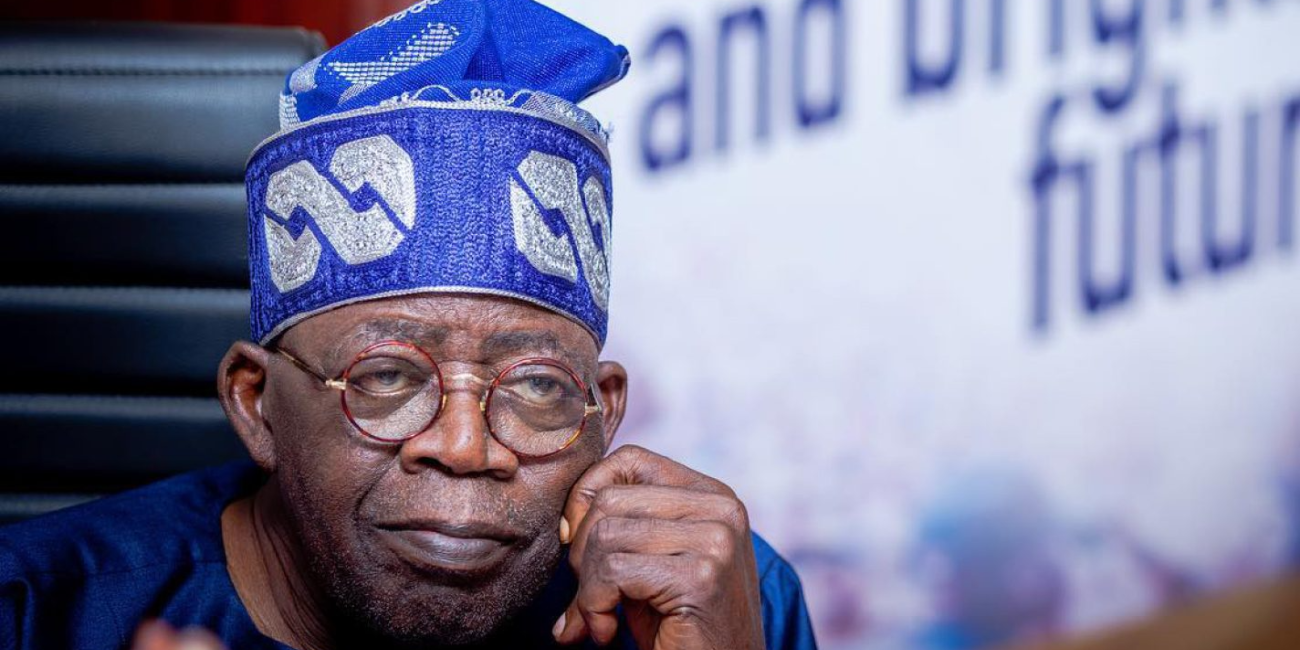Despite petrol subsidy removal, the Nigerian government said fuel subsidy is projected to reach N5.4 trillion by the end of 2024. This, it said, co
Despite petrol subsidy removal, the Nigerian government said fuel subsidy is projected to reach N5.4 trillion by the end of 2024.
This, it said, compares unfavourably with N3.6 trillion in 2023.
This is contained in a draft copy report of the Accelerated Stabilization and Advancement Plan (ASAP) presented to President Bola Tinubu by the Minister of Finance and Coordinating Minister of the Economy, Wale Edun, on Wednesday.
This development has caused hardship for many Nigerians with its attendant increase in the prices of goods and services.
Tinubu’s announcement sparked the increase in fuel price from N197 to between N480 and N570, which immediately triggered a rise in transportation fares and prices of goods and services in the country.
In July 2023, the petrol pump price was subsequently reviewed upward to N617/litre at various outlets of the Nigerian National Petroleum Company Limited (NNPC Ltd).
In recent months, there have been speculations that the government had partly reintroduced petrol subsidy, unannounced, to keep the pump price at N617 given the continued fall in the value of naira against the dollar and the price of crude oil in the international market.
But the government had repeatedly denied it.
On 6 October 2023, the National President of the Petroleum and Natural Gas Senior Staff Association of Nigeria (PENGASSAN), Festus Osifo, insisted that the Nigerian government had restored the subsidy on petrol despite the official government policy of ending the subsidy regime.
Osifo said due to the cost of crude oil in the international market and the exchange rate, the government still pays subsidies on petrol.
“The government has to come clean. In reality, today, there is a subsidy because, as of when the earlier price was determined, the price of crude in the international market was around less than $80 a barrel. But today, it has moved to about $93/94 per barrel for Brent crude. So, because it has moved, the price (of petrol) also needed to move,” Osifo said.
In its reaction at the time, NNPC Limited said the Nigerian government has not resumed payment of subsidy on petrol.
“No subsidy whatsoever. We are recovering our full cost from the products that we import. We sell to the market, and we understand why the marketers are unable to import,” Mr Kyari told State House correspondents after a meeting with the president at the Presidential Villa, Abuja.
“We hope that they do it very quickly, and these are some of the interventions the government is doing. There is no subsidy.”
Again, in April, a former governor of Kaduna State, Nasir El-Rufai, said whether the government admits it or not, the landing cost of petrol shows that there is a form of subsidy being paid.
Nigeria’s Minister of Budget and Economic Planning, Atiku Bagudu, however maintains that Tinubu’s administration has scrapped subsidies on petrol.
When asked to be categorical about whether the government still pays subsidy on petrol, Bagudu said “No” and explained that there was no provision for such.
He referred to the Petroleum Industry Act, which gave autonomy to the NNPC Ltd, as well as the policy decision of the Tinubu administration not to pay subsidy on petrol.
There is a “public policy decision, rightly, commendably and boldly, that we can’t as a nation afford fuel subsidy,” Bagudu said.
“The policy has been effected and is still being effected. But sometimes people are confusing the two elements. Many people are confusing price movements and policy decisions. Our policy on fuel subsidy stands. But we don’t control the daily movement of prices,” he said.
Meanwhile, while Mr Bagudu insisted the Nigerian government is not paying subsidies on petrol, the International Monetary Fund (IMF), in a report published last month, said that the Nigerian government reintroduced petrol subsidy at the end of last year.
The IMF said subsidy payment is expected to gulp almost half of Nigeria’s projected oil revenue this year.
The implicit subsidy will cost Africa’s largest crude producer an estimated N8.43 trillion of its projected N17.7 trillion of oil revenue, the IMF said in the report.
